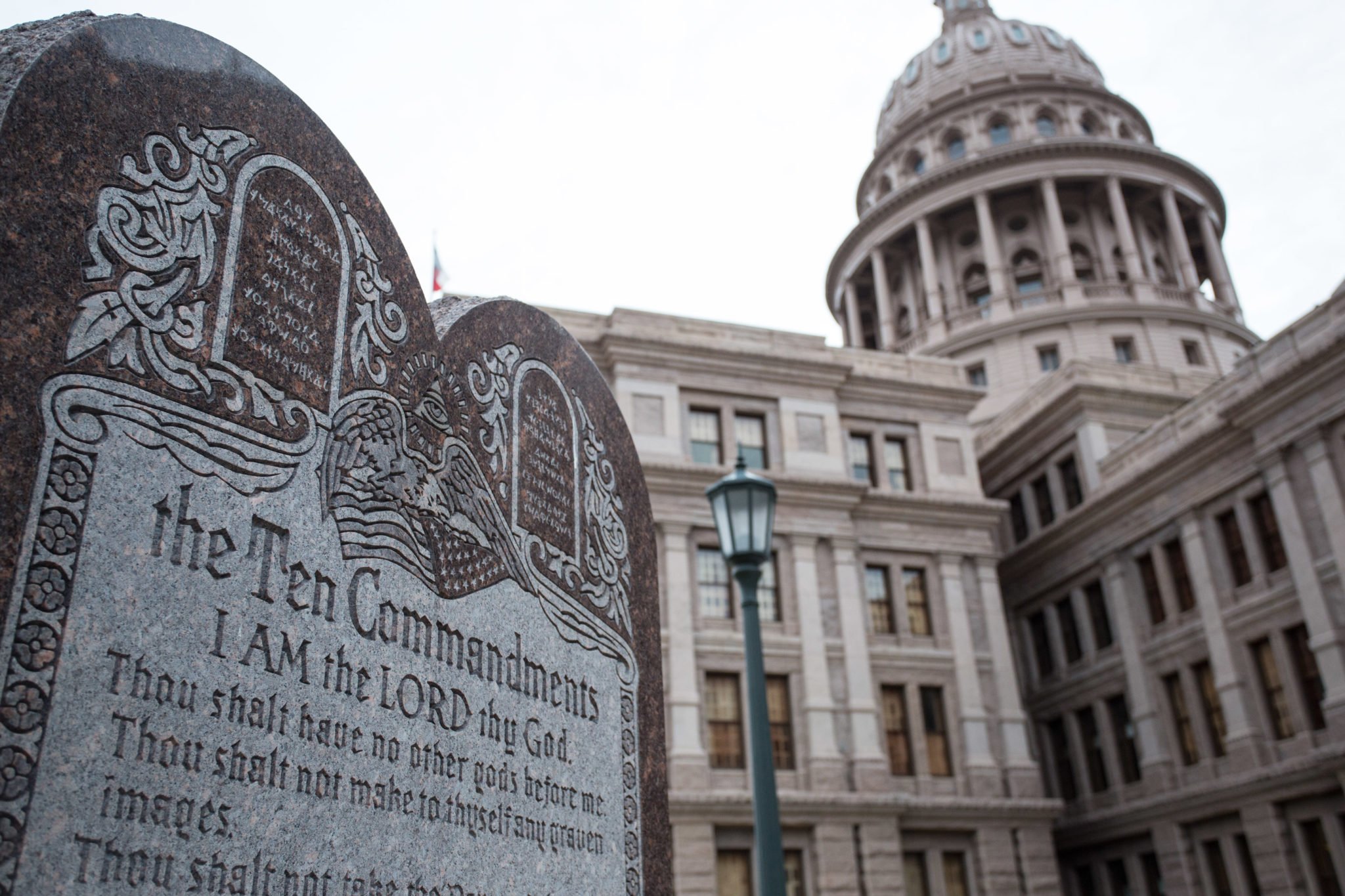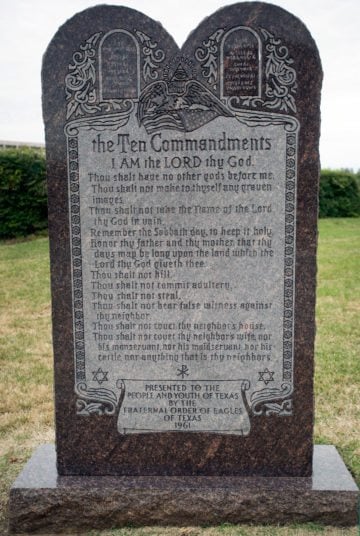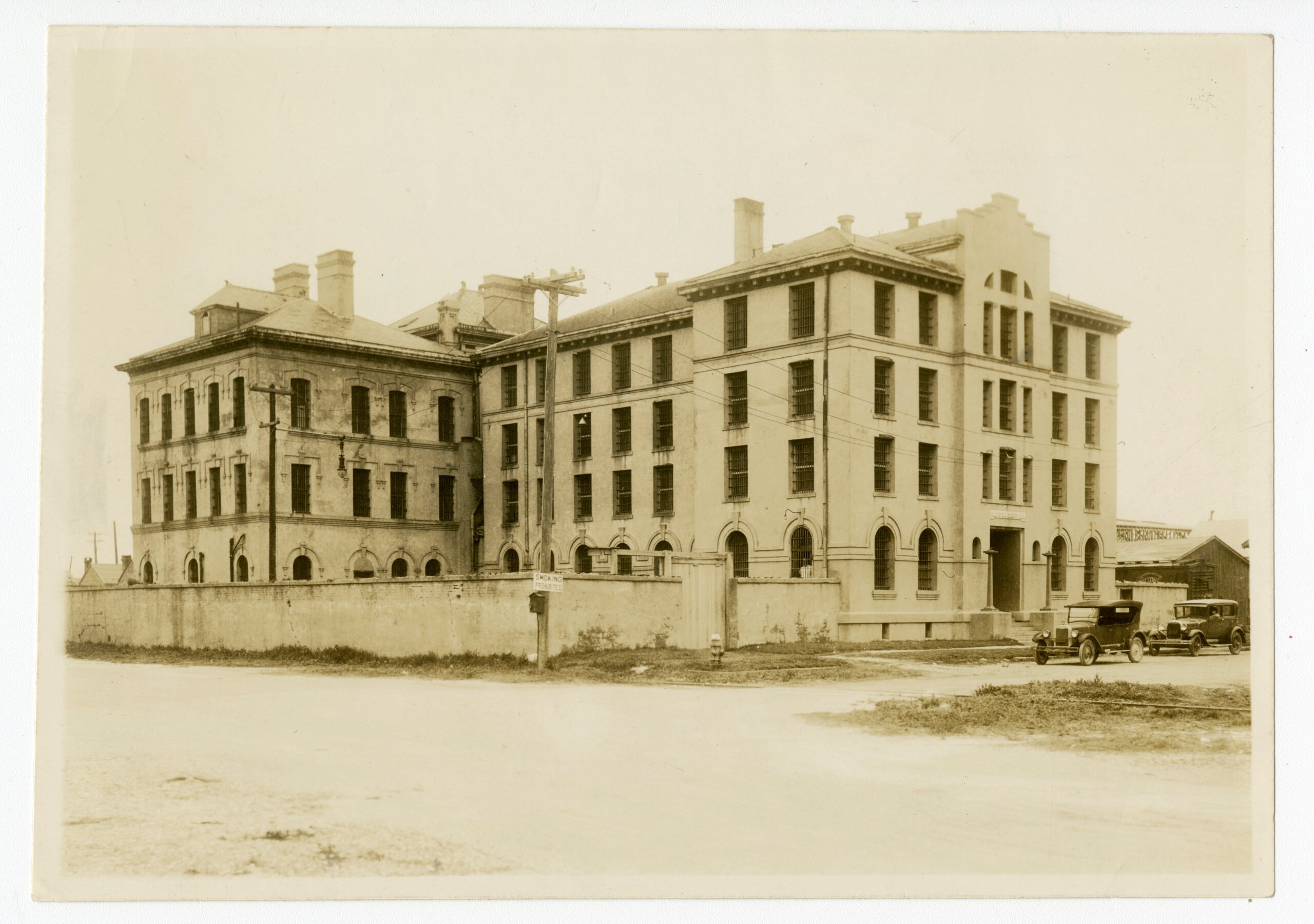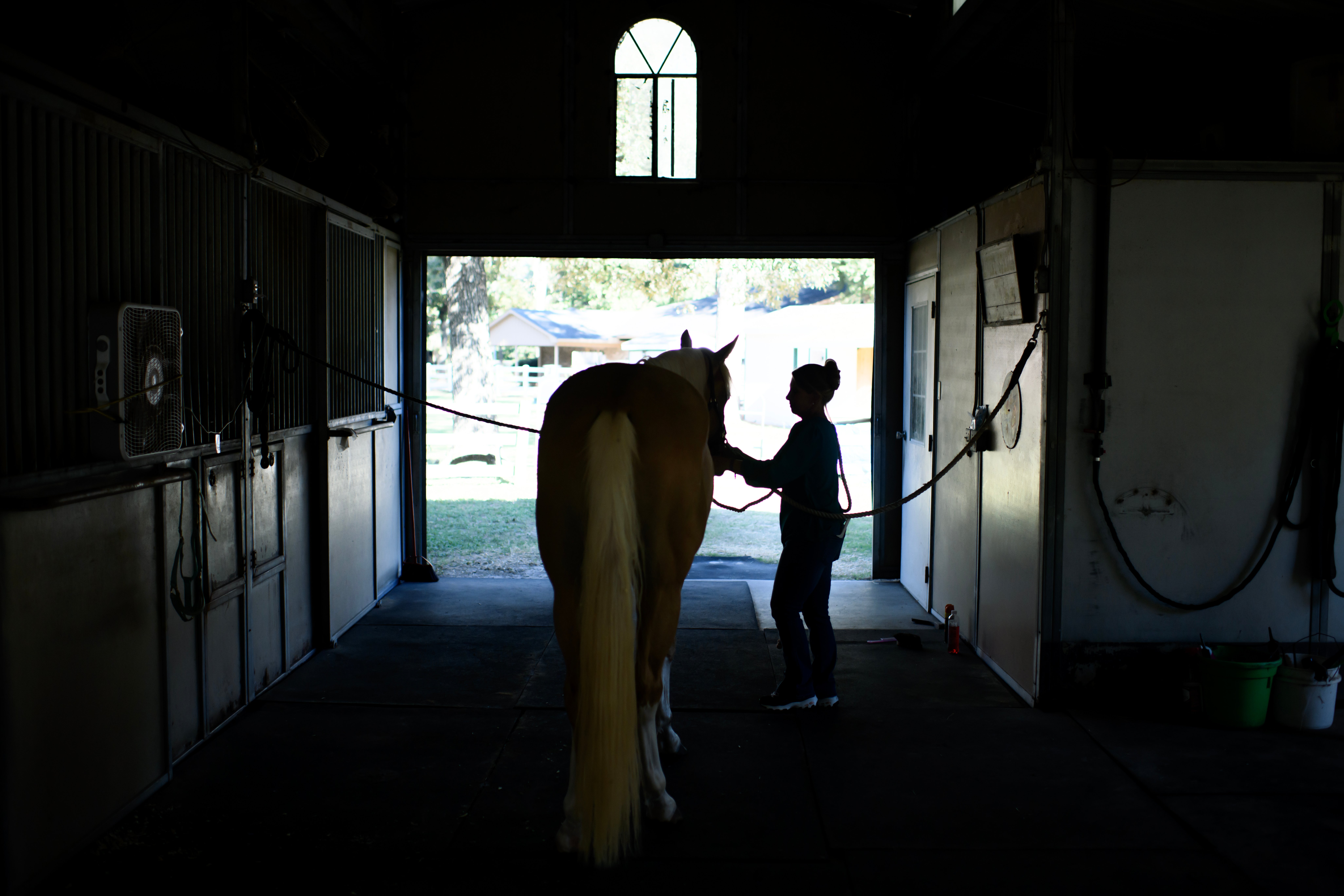
GOP State Lawmakers Again Take Aim at Wall of Church-State Separation
Anti-Shariah, anti-abortion, pro-Israel proposals run counter to First Amendment

GOP Legislators Take Aim at Church-State Separation
Anti-Shariah, anti-abortion, pro-Israel proposals
run counter to First Amendment.
While many of us have been absorbed in the media spectacle surrounding all things Trump, the religious right in Texas has been busy laying out its agenda for the 2017 legislative session — redoubling its efforts to breach Thomas Jefferson’s wall of separation between church and state.
Legislators, of course, are entitled to their own religious convictions, as much as anyone else. What they cannot do — according to the First Amendment’s Establishment Clause and subsequent judicial interpretation — is make public policy that, as then-Supreme Court Justice David Souter wrote, prefers “one religion to another, or religion to irreligion.” Yet several of the bills to be considered in the 2017 Legislature appear to do just that.
First, State Representative Dan Flynn, R-Canton, has resurrected his 2015 anti-Shariah bill, which died without a vote last session. True, Flynn’s revivified House Bill 45 does not mention Shariah by name; like most anti-Shariah legislation nationwide, it refers instead to prohibiting the “application of foreign laws.”
Yet Flynn’s comments show that he’s clearly targeting Islam. In a 2014 email to supporters, he justified his bill by warning of the perils of “religious Islamic law.” He claimed that “the left” is pushing America into “an amorphous multicultural society,” and that “the Judeo Christian heritage we covet and aim to protect is under attack.”

This raises several red flags. First, HB 45 is a fix for a problem that doesn’t exist. Islamophobic fears of creeping Shariah law have no basis in fact, as conservative legal scholar Eugene Volokh demonstrates. Second, as a Center for American Progress study points out, “Since most foreign law bans also apply to arbitration tribunals, they call into question the ability of religious believers to settle family and other personal disputes through arbitration.” HB 45 would seem therefore to violate the First Amendment’s protection of the free exercise of religion.
But Flynn’s rationale for the bill also runs afoul of the Establishment Clause. It is simply not government’s business to “protect” the “Judeo Christian” tradition or any other religious tradition. Nor is it the business of government to limit the diversity of religious practice in the U.S., as Flynn seems to advocate. (A similar foreign law ban passed in Oklahoma was ruled unconstitutional in 2013.)
Similar problems plague legislation filed by Representative Phil King, R-Weatherford, targeting companies that boycott Israel as part of the so-called Boycott, Divestment, Sanctions (BDS) movement. As with Senator Brandon Creighton’s identical Senate Bill 134, King’s House Bill 89 would forbid state agencies to contract with or invest in such companies. While both Creighton and King justify this legislation on political and economic grounds, King also offers a religious reason: “As a Christian, my religious heritage is intrinsically linked to Israel and to the Jewish people. … You can’t have Christianity without having a literal, historical and spiritual Israel.”
That’s historically dubious: Christianity existed, even flourished for centuries before the Jewish nation was established in 1948. But more crucially — whatever the pros or cons of the BDS movement — King has no business making public policy based on his personal religious beliefs.
And then there’s House Bill 87, filed by state Representative Matt Schaefer, R-Tyler. Another retread from 2015, this measure would make it illegal to abort a fetus during the third trimester in cases of severe and irreversible fetal abnormality.
Why does Schaefer want to remove this arguably compassionate provision?
Because God.
As he explained in April 2015, “this practice just doesn’t value what God values, and God values that life inside the womb.” And on the House floor, as Texas Monthly reported, Schaefer swept aside objections, declaring “that pain and suffering were bound to be part of life since sin entered the world.”
Once again, Schaefer has a right to his own beliefs. But to enshrine them in law flies in the face of the First Amendment.
Schaefer’s bill is only one of a number of anti-abortion measures legislators have filed for 2017. (Others include SJR 9, which proposes an anti-abortion constitutional amendment, and SB 8, which would outlaw the dilation and extraction procedure.) Among these, HB 201, authored by state Representative Byron Cook, R-Corsicana, poses a particular threat to church-state separation.
Cook’s measure would write into law regulations adopted by the Texas Department of State Health Services earlier this year — despite widespread criticism by reproductive justice groups, medical providers and funeral directors. HB 201 would require burial or cremation of fetal remains with no regard to the term of gestation. Health care facilities that do not comply could face loss of license as well as civil penalties of up to $1,000 per violation. A similar Senate bill, SB 406, authored by state Senator Bob Hall, R-Edgewood, would also require health care facilities to file fetal death certificates regardless of the gestational age of the fetus.
These requirements will raise the costs associated with miscarriages as well as abortions, creating additional financial hardships for families along with abortion providers and other health care facilities.
But HB 201 could also violate the rights of religious groups. As I noted in an earlier Observer article, the fact that the fetal remains requirements cover the entire pregnancy imposes a particular religious conception of fetal personhood on Texans — one in which personhood begins at conception. This directly conflicts with the beliefs of many Jews, Muslims, Christians and non-religious Texans about when a fetus becomes a person. As Rabbi Ralph Mecklenburger of Fort Worth’s Beth-El Congregation told me, the proponents of these fetal remains requirements are “simply trying to drive up the cost of therapeutic abortion as a means of forcing their values on others.”
And that’s precisely what America’s founders sought to prevent in the First Amendment: one religious group forcing its beliefs and values on others. In 1785, James Madison explained why a wall of separation was crucial not only to protect government from religion, but to protect religion from government. The Old World, Madison reminded his readers, had spilled “torrents of blood” trying to impose a uniform set of religious beliefs. And he warned Christians that any government that can favor their religion over others can just as easily favor one group of Christians — say, Catholics or Baptists — to the exclusion of other groups. In short, as Madison wrote in 1823, mixing religion and government “is injurious to both.”
Sadly, the Texas GOP seems set on brushing aside Madison’s words of caution. Unless House and Senate leaders move to block these constitutionally suspect bills, the GOP’s religious right faction may be able to push some of them through. Whether it succeeds may depend on how forcefully defenders of the wall of separation push back.
Photo by Jen Reel.


